2017: For Better or For Worse!
AMERICA’S CONFLICTED FUTURE--After the craziness of an election cycle that was as historic as anything we've ever seen, and after a host of celebrity deaths and world turbulence that defied description, 2016 is coming to an end. So what, we're all asking, does 2017 bring to us all? So what adventures, good or bad, await us? What themes await us? Here are my predictions--and while arguably necessary, and arguably unavoidable, I can't say these predictions are all that pretty ... so here we go!
For better or for worse, the majority of the nation will move politically and economically to the right, while California and some of the coastal states and larger midwest cities will attempt to lurch to the left ... and there will be conflict.
For better or for worse, Republicans throughout the nation will be divided among those who fear this nation is losing its conservative values (and/or its Christian values) versus those who claim that true conservative and Christian values have been lost by the so-called "political establishment" ... and there will be conflict.
For better or for worse, Democrats throughout the nation will be divided among those who fear this nation is losing its focus on civil rights and inclusion (and/or its Constitutional values) versus those who claim that true liberal and representative values have been lost by the so-called "political establishment"... and there will be conflict.
For better or for worse, we will hear from many that the rights of immigrants are being squashed, and we will also hear from many that the rights of "true immigrants" (who follow current immigration law) and native-born Americans are being squashed ... and there will be conflict.
For better or for worse, we will hear from many that the civil rights of African-Americans and other ethnicities are being attacked, and we will also hear from many that those claiming to be "civil rights advocates" are the ones truly overseeing the attacks on civil rights of the same African-Americans and other ethnicities ... and there will be conflict.
For better or for worse, American Jews will struggle between a traditional tendency to lean Democratic (or moderate Republican) versus an acknowledgement that Jews are under worldwide attack and require a new conservative leaning ... and there will be conflict.
For better or for worse, there will be much anger and alarm about the public sector pension and debt crises of our cities, states and nation, versus those who insist on defending the rights and benefits of our local and national civil service ... and there will be conflict.
For better or for worse, there will be more defense spending but with a simultaneous debate on how to best focus on how to spend on our defense (both in financial and human costs) ... and there will be conflict.
For better or for worse, there will be a push to add the entirety of the city of Jerusalem into the nation of Israel as a result of recent political events, and after eight years of our current foreign policy...and there will be conflict.
For better or for worse, there will be heightened rivalry, and perhaps military action, between the nations of Israel and Iran as a result of recent political events, and after eight years of our current foreign policy ... and there will be conflict.
For better or for worse, there will be closer and altered ties between the United States, its western and eastern European allies, and Russia, with a new focus on "North versus South" rather than the old "West versus East" conflict ... and there will be conflict.
For better or for worse, there will be new economic and political rivalries between China and both its Asian neighbors and the United States ... and there will be conflict.
For better or for worse, there will be an emphasis placed on "Buy American" and "American innovation and exclusivity" versus a push for a more global approach to economics ... and there will be conflict.
For better or for worse, there will be a variety of civil, economic, and perhaps even military, rivalries between the United States and its immediate neighbors to the south (Mexico and Cuba) ... and there will be conflict.
For better or for worse, there will be a major emphasis on either internal reform within the Muslim world (both secular and religious in nature), with accompanying divisions between Muslims and their non-Muslim neighbors ... and there will be conflict.
Yet here's the rub ... and hopefully a happy ending to these horrific conflicts:
For better or for worse, these conflicts can be resolved--some peacefully, some decidedly NOT peacefully, if cities, states, and nations all learn to balance what THEY can do better, and what THEY can do more, while demanding the same of their neighbors.
Happy Holidays and New Year to All! Happy 2017, and may good health, happiness, and prosperity be in your future!
(Kenneth S. Alpern, M.D. is a dermatologist who has served in clinics in Los Angeles, Orange, and Riverside Counties. He is also a Westside Village Zone Director and Board member of the Mar Vista Community Council (MVCC), previously co-chaired its Planning and Outreach Committees, and currently is Co-Chair of its MVCC Transportation/Infrastructure Committee. He is co-chair of the CD11Transportation Advisory Committee and chairs the nonprofit Transit Coalition, and can be reached at [email protected]. He also co-chairs the grassroots Friends of the Green Line at www.fogl.us. The views expressed in this article are solely those of Dr. Alpern.)
-cw

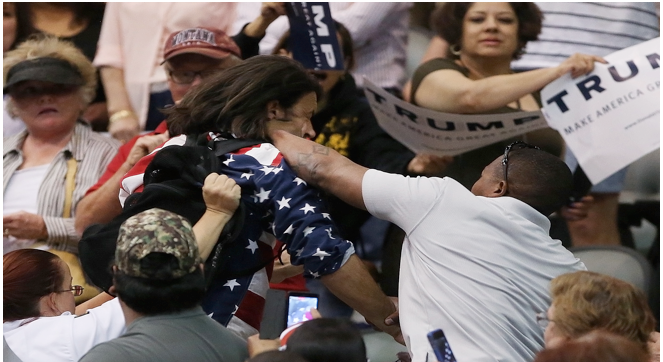

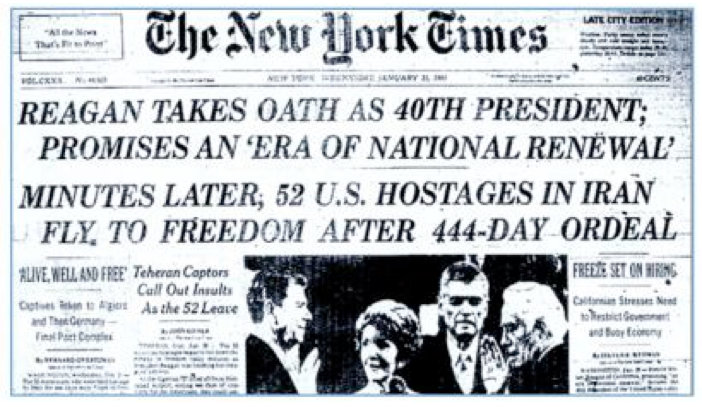
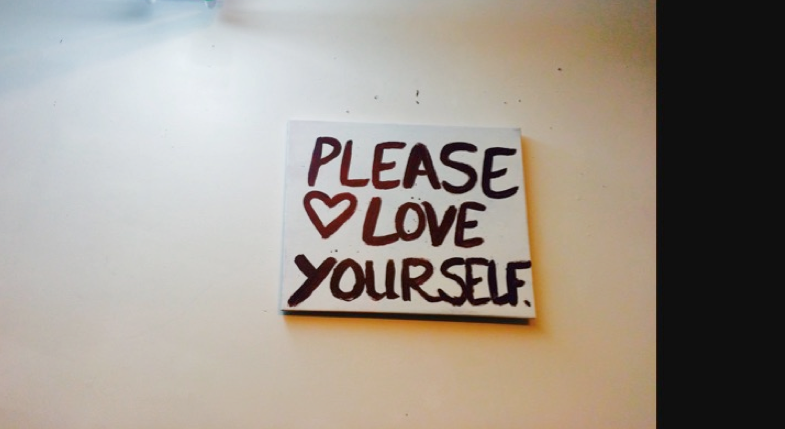
 It took 1058 people who were killed by US police according to The Guardian’s “The Counted” project. 148 of them were unarmed.
It took 1058 people who were killed by US police according to The Guardian’s “The Counted” project. 148 of them were unarmed. 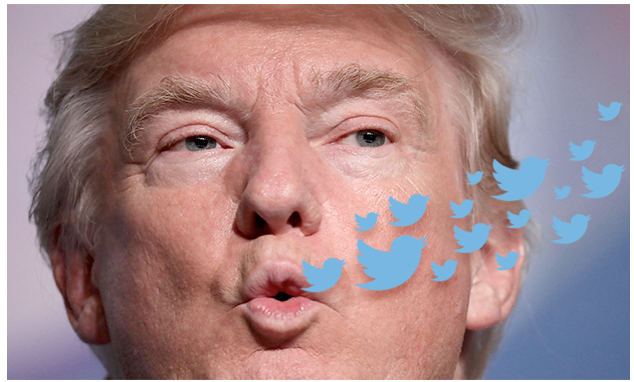

 "This is a historic moment to come together to protect the progress we've made," Planned Parenthood president Cecile Richards said in a statement. "We will send a strong message to the incoming administration that millions of people across this country are prepared to fight attacks on reproductive health care, abortion services, and access to Planned Parenthood, as they intersect with the rights of young people, people of color, immigrants, and people of all faiths, backgrounds, and incomes."
"This is a historic moment to come together to protect the progress we've made," Planned Parenthood president Cecile Richards said in a statement. "We will send a strong message to the incoming administration that millions of people across this country are prepared to fight attacks on reproductive health care, abortion services, and access to Planned Parenthood, as they intersect with the rights of young people, people of color, immigrants, and people of all faiths, backgrounds, and incomes."
 I don’t really care whether Israel has a Jewish majority, just as I don’t care if Egypt has a Sunni Muslim one or if Germany has a German one. In the tradition of the French revolution, I think states should be civil states, for the people of the Republic, whoever they may be. The United States in 1789 was mostly British and had a population of 4 million. Now it is 80 times as big, and has large Italian, Latino, German and Irish populations, not to mention over three million Muslims. So what? All those groups have brought gifts to enrich the nation. In an age of globalization, trying artificially to maintain one ethnic group as a majority is probably a fool’s errand, anyway. (Not to mention that “ethnic groups” are fluid and change definition over time). Israel is importing Thai agricultural workers and initially was welcoming African refugees.
I don’t really care whether Israel has a Jewish majority, just as I don’t care if Egypt has a Sunni Muslim one or if Germany has a German one. In the tradition of the French revolution, I think states should be civil states, for the people of the Republic, whoever they may be. The United States in 1789 was mostly British and had a population of 4 million. Now it is 80 times as big, and has large Italian, Latino, German and Irish populations, not to mention over three million Muslims. So what? All those groups have brought gifts to enrich the nation. In an age of globalization, trying artificially to maintain one ethnic group as a majority is probably a fool’s errand, anyway. (Not to mention that “ethnic groups” are fluid and change definition over time). Israel is importing Thai agricultural workers and initially was welcoming African refugees.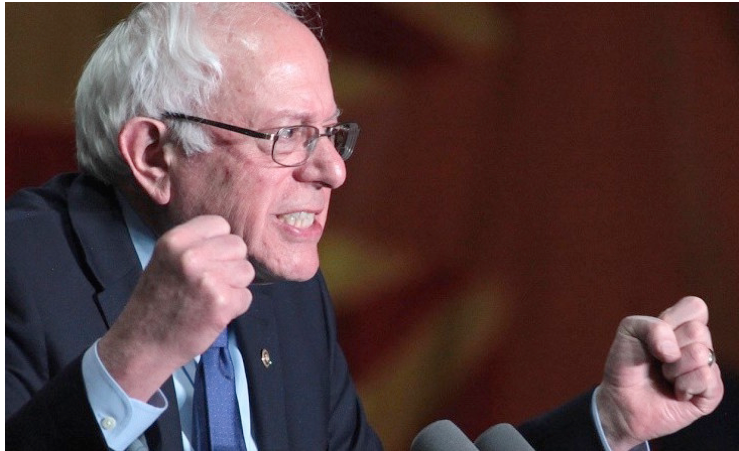

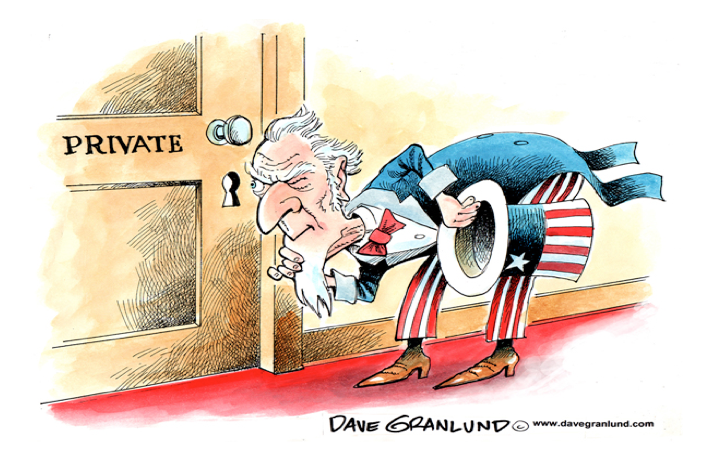



 John Steinbeck’s late son Thom, an accomplished writer, was furious about Judge Cochran’s opinion after it was rendered. In a 2012 interview with the Beaumont (Texas) Enterprise, Thom’s wife Gail Steinbeck, an attorney, said that “his ears turned red” when her husband first learned of Ex Parte Briseno, in his view a gross distortion of his father’s meaning. In a statement published by The New York Times on August 8, 2012, Thom complained bitterly about the misconstruction of his father's intentions in writing Of Mice and Men:
John Steinbeck’s late son Thom, an accomplished writer, was furious about Judge Cochran’s opinion after it was rendered. In a 2012 interview with the Beaumont (Texas) Enterprise, Thom’s wife Gail Steinbeck, an attorney, said that “his ears turned red” when her husband first learned of Ex Parte Briseno, in his view a gross distortion of his father’s meaning. In a statement published by The New York Times on August 8, 2012, Thom complained bitterly about the misconstruction of his father's intentions in writing Of Mice and Men: 



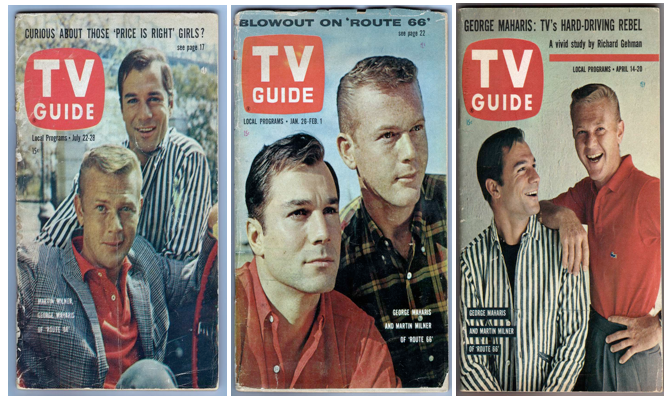
 What both Route 66 and the Phil Silvers Show have in common, compared to modern shows, is that the old television system was of inherently low definition. It was a fuzzy picture at best. For this reason, it could not show human expression as well as film. Let's try to explain this a little more precisely. Even in old films, it was possible to convey emotions such as suspicion or guilt with a glance or a subtle change of expression -- possibly a nod or a shifting of the eyes. Even the earliest 35 mm film was fully capable of showing these things. Early television wasn't. So instead of an actor warning his buddy that the robbers are in the next room by using a shift of the head, the old television action hero would have to convey the same idea with a shout and a lot of words: "Look out! They're behind the door!"
What both Route 66 and the Phil Silvers Show have in common, compared to modern shows, is that the old television system was of inherently low definition. It was a fuzzy picture at best. For this reason, it could not show human expression as well as film. Let's try to explain this a little more precisely. Even in old films, it was possible to convey emotions such as suspicion or guilt with a glance or a subtle change of expression -- possibly a nod or a shifting of the eyes. Even the earliest 35 mm film was fully capable of showing these things. Early television wasn't. So instead of an actor warning his buddy that the robbers are in the next room by using a shift of the head, the old television action hero would have to convey the same idea with a shout and a lot of words: "Look out! They're behind the door!" 
















